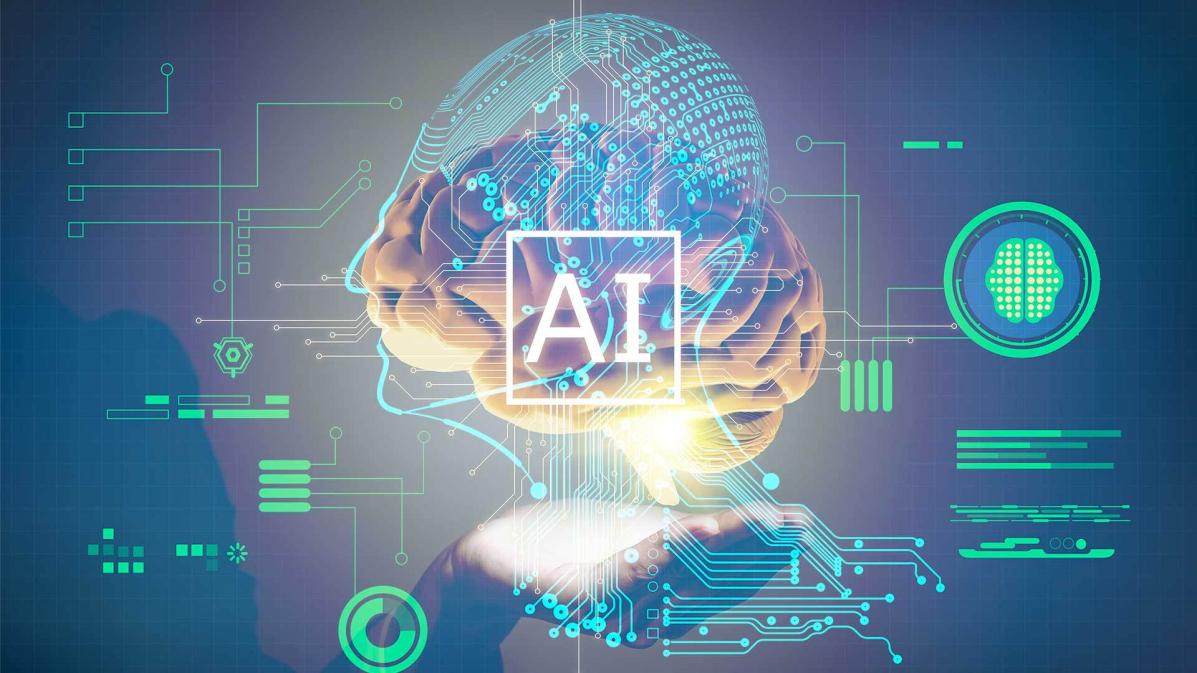How Can AI Be Used to Improve Food Safety in the United Arab Emirates?
Ensuring food safety is a critical concern in the United Arab Emirates (UAE), where a diverse population relies on imported and locally produced food. However, the country faces challenges in maintaining food safety standards due to factors such as a large and complex food supply chain, increasing food imports, and potential contamination risks. Artificial Intelligence (AI) offers promising solutions to address these challenges and enhance food safety practices in the UAE.

AI Applications In Food Safety
- AI-powered Food Inspection and Analysis:
- AI-driven Food Traceability and Supply Chain Management:
- AI-enabled Food Safety Risk Assessment and Prediction:
AI-driven systems can automate the inspection of food products for contamination, defects, and quality issues. These systems utilize computer vision, machine learning algorithms, and sensors to analyze food products in real-time, providing accurate and consistent results. This technology can be integrated into food production and processing lines, enabling continuous monitoring and ensuring compliance with food safety standards.
AI can revolutionize food traceability by tracking the movement of food products from farm to table. Blockchain technology, coupled with AI algorithms, can create transparent and tamper-proof records of food provenance, allowing consumers and regulators to trace the origin and journey of food products. This enhanced traceability facilitates rapid identification and recall of contaminated or unsafe food products, minimizing the risk of outbreaks and protecting public health.

AI algorithms can analyze historical data on food safety incidents, identifying patterns and trends. These insights enable the development of predictive models that assess the risk of foodborne illnesses and outbreaks. By analyzing factors such as food type, production methods, and distribution channels, AI can provide early warnings of potential food safety hazards, allowing authorities to take proactive measures to prevent outbreaks.
Benefits Of Using AI In Food Safety
- Improved Efficiency and Accuracy of Food Safety Inspections:
- Enhanced Traceability and Transparency in the Food Supply Chain:
- Reduced Risk of Foodborne Illnesses and Outbreaks:
- Increased Consumer Confidence in the Safety of Food Products:
AI-powered food inspection systems can significantly improve the efficiency and accuracy of food safety inspections. These systems can analyze large volumes of data quickly and consistently, reducing the time and resources required for manual inspections. Additionally, AI algorithms can identify contamination and defects that may be missed by human inspectors, enhancing the overall effectiveness of food safety checks.
AI-driven traceability systems provide real-time visibility into the food supply chain, enabling stakeholders to track the movement of food products from origin to consumption. This transparency fosters accountability and facilitates rapid response to food safety incidents. Consumers can also access information about the provenance and quality of food products, building trust and confidence in the food supply.
By leveraging AI for food safety, the UAE can significantly reduce the risk of foodborne illnesses and outbreaks. AI-powered systems can identify potential hazards early, enabling timely interventions to prevent contamination and the spread of pathogens. Predictive analytics can also help authorities prioritize food safety inspections and target high-risk areas, further minimizing the likelihood of outbreaks.
The implementation of AI in food safety practices can instill greater confidence among consumers in the safety of food products. By ensuring the traceability, quality, and safety of food, AI can mitigate concerns about foodborne illnesses and promote trust in the food supply chain. This can lead to increased consumer satisfaction and loyalty, benefiting food businesses and the overall economy.
Challenges And Limitations Of AI In Food Safety
- Data Quality and Availability:
- Ethical Considerations and Potential Biases:
- Need for Skilled Workforce and Regulatory Frameworks:
The effectiveness of AI in food safety relies heavily on the quality and availability of data. Incomplete, inaccurate, or inconsistent data can hinder the accuracy and reliability of AI models. Ensuring data integrity and establishing standardized data collection and sharing practices are crucial for the successful implementation of AI in food safety.
The use of AI in food safety raises ethical considerations and concerns about potential biases. AI algorithms must be developed and trained with diverse and representative data to avoid perpetuating existing biases or creating new ones. Additionally, the transparency and explainability of AI models are essential to ensure accountability and trust in the decision-making process.
The adoption of AI in food safety requires a skilled workforce with expertise in both food safety and AI technologies. Governments and industry stakeholders need to invest in training and education programs to develop a workforce capable of implementing and managing AI systems effectively. clear regulatory frameworks and guidelines are necessary to ensure the responsible and ethical use of AI in food safety.
AI has the potential to revolutionize food safety practices in the United Arab Emirates, addressing challenges and enhancing the overall safety and quality of the food supply. By leveraging AI for food inspection, traceability, and risk assessment, the UAE can improve efficiency, transparency, and consumer confidence in the food system. However, overcoming challenges related to data quality, ethical considerations, and workforce development is crucial to fully harness the benefits of AI in food safety. Collaboration between government agencies, industry stakeholders, and academia is essential to drive innovation, establish best practices, and create a sustainable food safety ecosystem in the UAE.
YesNo

Leave a Reply